Iran's president hails Pak-KSA defence pact
Pezeshkian addressed the General Assembly months after military strikes by Israel and the US
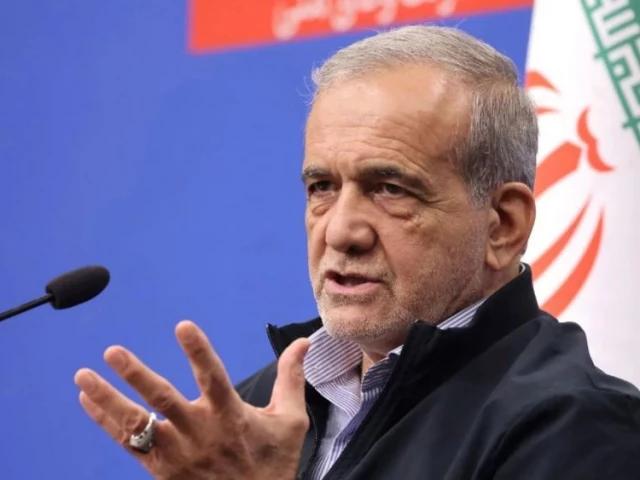
Iranian President Masoud Pezeshkian on Wednesday welcomed the defence pact between Pakistan and Saudi Arabia, in his speech at the United Nations General Assembly, and stressed that his country never sought to build a nuclear bomb and would not do so in the future.
Pezeshkian slammed Israel and the United States in the same sentence, holding both responsible for the killings and forced starvation of children in Gaza and violation of sovereignty of many regional countries, asking who in reality posed a threat to regional and global stability.
According to Irna, Tehran's official news agency, Pezeshkian welcomed the Pak-Saudi defence pact, "describing it as a step toward a comprehensive regional security framework involving Muslim countries of West Asia in political, security, and defence fields".
Pezeshkian addressed the General Assembly months after military strikes by Israel and the US, and impending sanctions triggered by European powers over Tehran's nuclear programme. However, the Iranian president repeated that his country was not seeking nuclear weapons.
"I hereby declare once more before this assembly that Iran has never sought and will never seek to build a nuclear bomb," Pezeshkian said. "The one disturbing peace and stability in the region is Israel, but Iran is the one that gets punished," he said.
Pezeshkian accused the Europeans of bad faith, saying that Iran's lack of cooperation was in response to Trump's withdrawal from the nuclear deal, formally known as the Joint Comprehensive Plan of Action (JCPOA).
"They falsely presented themselves as parties of good standing to the agreement, and they disparaged Iran's sincere efforts as insufficient," Pezeshkian said. "All of this was in pursuit of nothing less than the destruction of the very JCPOA which they themselves had once held as a foremost achievement."
Standing at the General Assembly rostrum, Pezeshkian The president condemned a "brutal" attack on Iran in June, as he showed pictures of people killed in the Israeli military assault against his country that killed more than 1,000 people.
"Aerial assaults of the Zionist regime and the United States of America against Iran's cities, homes and infrastructure at the very time we were treading the path of diplomatic negotiations constituted a grave betrayal of diplomacy," he said.
He added that in the past two years, the international community witnessed killings and destruction in Gaza, repeated violations of Lebanon's sovereignty, devastation of Syrian infrastructure, assaults on Yemen, and the forced starvation of children in their mothers' arms.
"These crimes had been backed by the US – the most heavily armed government in the world – under the pretext of self-defence," he said and posed a question, who in reality posed a threat to regional and global stability.
He warned that failing to confront such violations would set dangerous precedents, including attacks on safeguarded nuclear facilities, assassination attempts on UN member state leaders, systematic targeting of journalists, and killing of people classified as "military targets" solely for their knowledge and expertise.
While, criticised Britain, France, and Germany, he said the three European powers had failed to honour their commitments over the past decade and are now, under Washington's pressure and coercion, attempting to re-impose cancelled UN Security Council resolutions against Iran.
He also condemned Israel's "criminal aggression" against Qatar that resulted in the deaths of Palestinian and Qatari nationals, and declared Iran's support and solidarity with the Qatari government and people.
He urged the international community to restore the credibility of international legal institutions and mechanisms, and to commit to creating a regional security and cooperation system in West Asia. He concluded by calling on the international community to turn threats into opportunities.

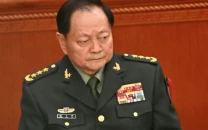
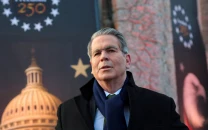
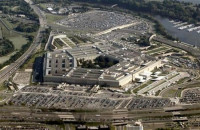
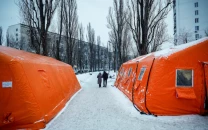
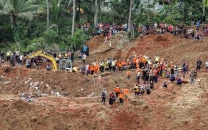

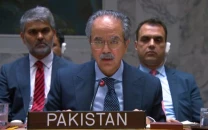












COMMENTS (1)
Comments are moderated and generally will be posted if they are on-topic and not abusive.
For more information, please see our Comments FAQ